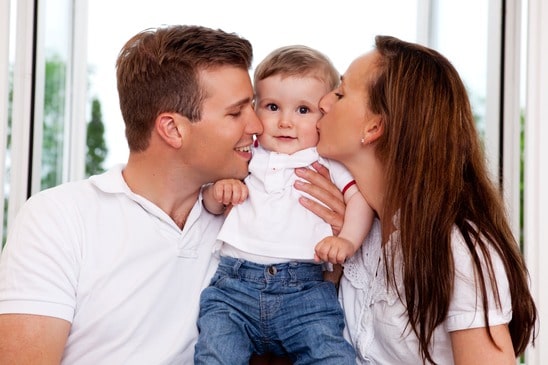
31 May Step-Parents: The Effects of Divorce on Blended Families
Florida Divorces & Step-Children
It’s no secret that divorce can be hard on children. Most of the time, those children are coming from families with two biological parents, and a custody and visitation agreement is part of the divorce proceedings. However, when blended families divorce, there is a step-parent relationship that is forever changed.
These step-parents have often taken on heavy responsibility for a new family and have bonded strongly with their spouse’s children from a past relationship. When they divorce, there may be a lack of provisions for allowing them to still see the children they have helped to raise.
While that is often painful for the step-parent, it can be even more difficult for the child. Especially if that child is still young, it may be hard to explain to the child why they can no longer spend time with someone they may have come to see as mommy or daddy.
If there is a strong relationship between the child and both biological parents, the stress of losing a step-parent may not be as great. For those children whose biological mother or father is not in the picture, though, losing a step-parent can affect them significantly.
Children in this situation may feel as though they have done something wrong, in that they have now lost two people who were supposed to love them (the biological parent and the step-parent). In some cases, the children may think they have driven away these people, or that they are not worthy of having a person who loves them.
That can even cause problems between the children and the biological parent who is going through the divorce with the step-parent. There may be fear, anger, resentment, and a gamut of different types of emotions expressed by the children during that time.
Both parents and step-parents can help children get through the process of divorce. If the children are very young, they may not remember the step-parent as they get older. Children who are already older when the biological parent remarries, though, will be touched by the removal of a step-parent from their life. Unlike the divorce of biological parents, the step-parent will not have any obligation to the child or rights to see that child once the divorce is complete.
Talking about this with the children, and even going to a family therapist, can help the children process the fact that a person they have grown to care for will no longer be present in their lives because that person and the biological parent have made a choice to end their marriage. The age of the children will play a role in what they should be told about why the marriage is ending, and may also play a role in whether they see the step-parent at all after the divorce.
In some amicable divorces, the step-parent remains a part of the children’s lives. However, it is very important to remember that there are no legal grounds by which this must or must not take place, unless the step-parent has also formally adopted the child. Children should be given all the support they need when a blended family divorces, as it’s often more difficult for them than it is for the adults who are divorcing.

